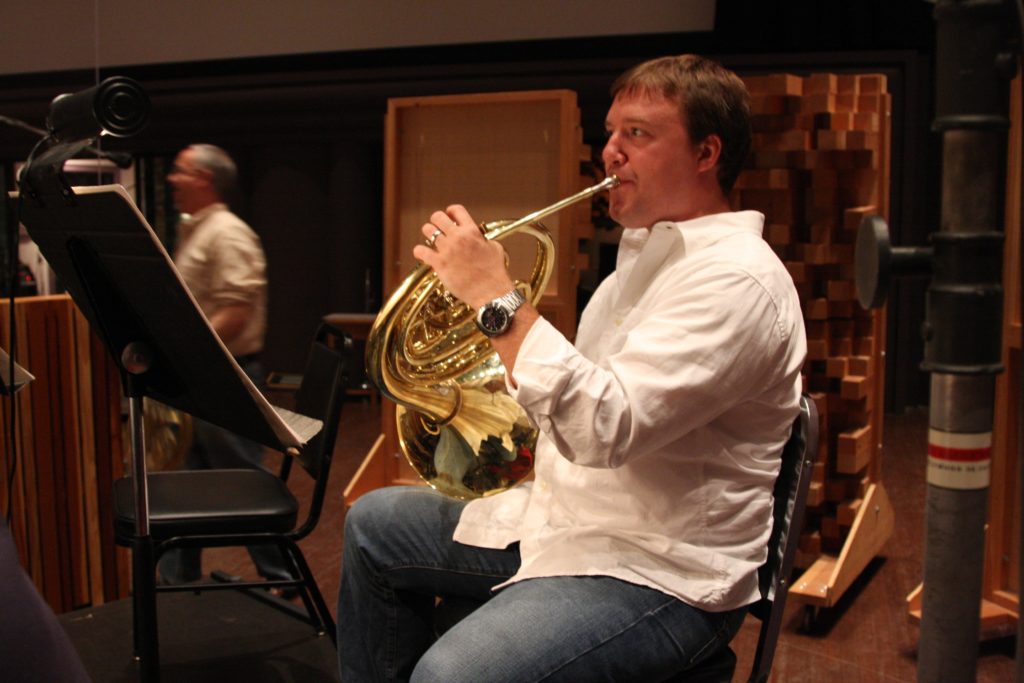Music and text
Many musical styles and sounds occur in the score. There are frequent musical references to Jewish tradition: The processional and overture “O Holy One All-Wise”, uses the melody “Leoni” from the Jewish hymn “Yigdal”. This tune also occurs in many Christian hymnals as “The God of Abraham Praise”. The music of Adonai and Lazar includes traditional Jewish modes and hymnody, recitative, and klezmer music.
 Music in the Christian tradition such as Gregorian chant, polyphonic motets, Anglican Verse and Choral anthems also appear in the work. Music and text express bitterness, anguish, and anger with God who permits tragedy, sorrow and need for comfort, the will to overcome evil, and determination to choose life over death. The six readings, found in Siddur Sim Shalom and Gates of Prayer, included in the libretto are taken from memoirs, diaries, and reflections on the experience of the holocaust.
Music in the Christian tradition such as Gregorian chant, polyphonic motets, Anglican Verse and Choral anthems also appear in the work. Music and text express bitterness, anguish, and anger with God who permits tragedy, sorrow and need for comfort, the will to overcome evil, and determination to choose life over death. The six readings, found in Siddur Sim Shalom and Gates of Prayer, included in the libretto are taken from memoirs, diaries, and reflections on the experience of the holocaust.
Several pieces in Uvacharta Bachayim are based on the Jewish text and melody “Ani Maamin,” a prayer for the dying. The Angel Choir sings both text and melody during the first reading. The Angel choir sings the text in “How Could I Forget You”. Lazar sings the “Ani Maamin” melody in “In Your Likeness”.
The text for “Stay With Me, God” is from Poems from the Desert, 1944. It was written by an anonymous member of the Eighth Army.
The text of “How Could I Forget You,” and “Adonai” illustrate two Yom Kippur texts:
“To look away from evil: Is this not the sin of all ‘good’ people?” and “Let there be no forgetfulness before the Throne of Glory; let there be remembrance within the human heart.”
The following sung texts are direct quotations or paraphrases from the Hebrew Bible:
- Hear Me, My People
Isaiah 55:8-9 and Deuteronomy 30:11-14, 15-20 - O God of Israel
Psalm 22:2-2, 4-5 - A Voice Is Heard in Ramah
Jeremiah 31:15 - Tender God, Have Mercy
Psalm 51:1-2, 7, 10 - All Ye Who Pass By
Lamentations 1:12-13 - How Could I Forget You?
Isaiah 49:15 and Psalm 116:15 - I Shall Not Die
Psalm 118:14, 17, 11
